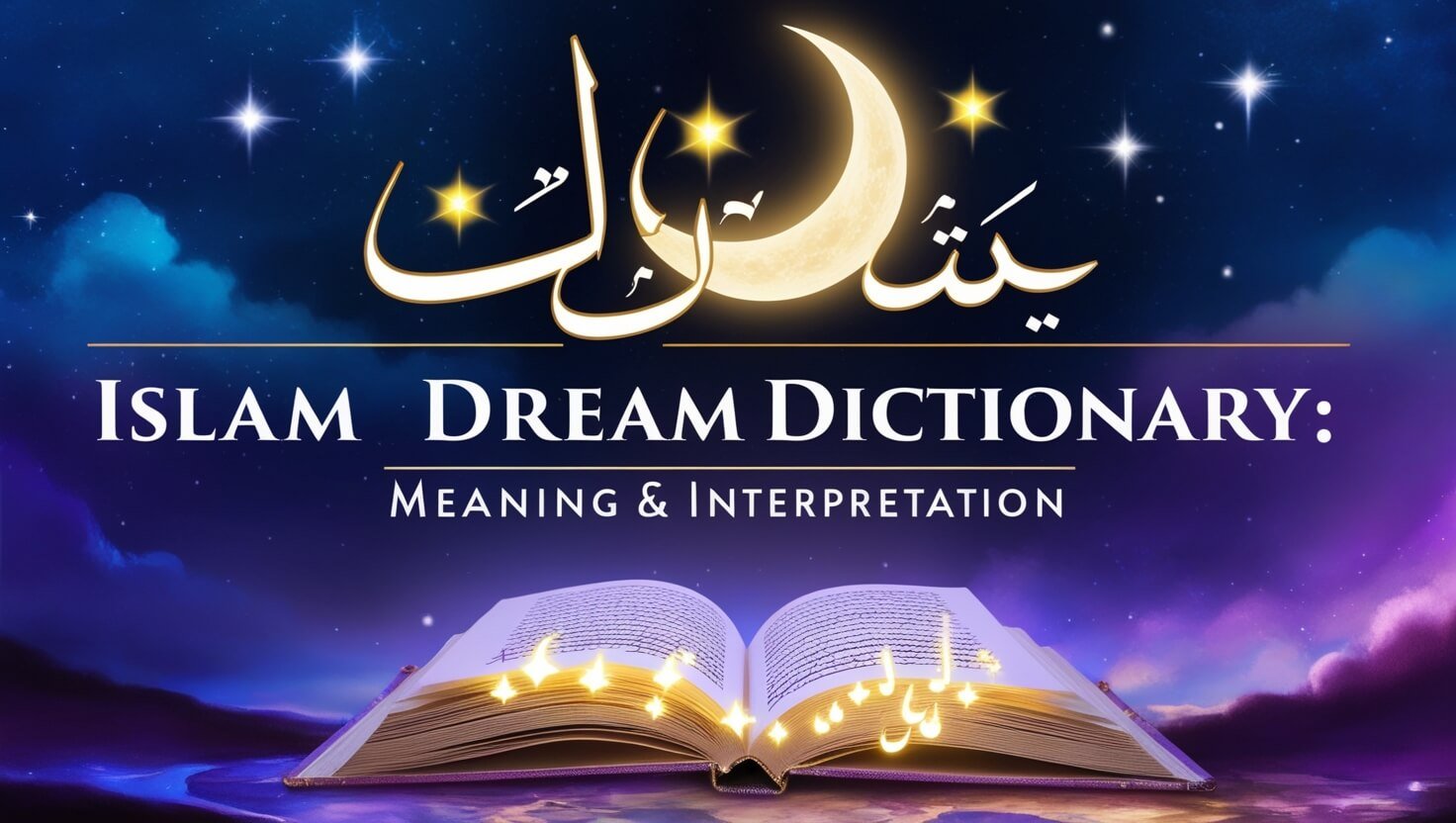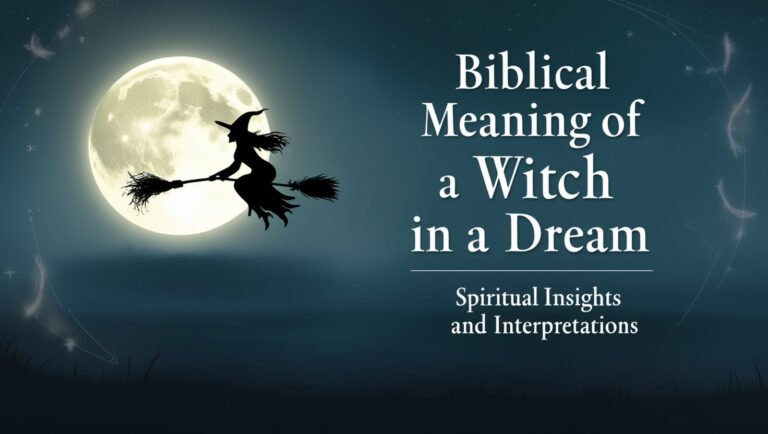islam dream dictionary meaning of dreams: Meaning & Interpretation

In Islam, dreams are seen as very spiritual. The Quran and Hadith talk a lot about them. Muslims call dreams Ru’yaa, Manam, Hulum, and Bushra, each with its own meaning.
One key figure in Islamic dream interpretation is Muhammad Ibn Sirin. He created a detailed system. It looks at a person’s life and who they are.
Islam teaches that dreams can be three types. There are good dreams, bad dreams from Satan, and just random thoughts. It’s important to understand these dreams well.
Dreams in Islam often use symbols. For example, fire means light, the sea is about wealth, and snow is about love and challenges. Knowing these symbols helps us understand our dreams better.
Origins of Islamic Dream Interpretation
Islamic dream analysis has a rich history. It comes from the teachings of Prophet Muhammad (peace be upon him). Scholars like Muhammad Ibn Siren also played a big role. Ibn Siren lived from 653 to 729 CE and worked on dream interpretation.
Muhammad Ibn Siren’s Contributions to Dream Analysis
Ibn Siren is known as the father of Islamic dream interpretation. He wrote important books like “Dreams and Interpretations” and “Taabirul Ro’oya.” These books are key for understanding dreams in Islam.
He used the lunar calendar to sort dreams. This method has shaped dream interpretation in the Muslim world for many years.
Historical Development of Dream Interpretation in Islam
Dream interpretation in Islam has grown over time. It draws from the Quran, Prophet Muhammad’s teachings, and scholars’ work. Abu Huraira’s narrations, which include the Prophet’s views on dreams, have greatly helped.
Role of Abu Huraira’s Narrations
Abu Huraira was a close friend of Prophet Muhammad (peace be upon him). He collected many of the Prophet’s sayings and teachings. His stories about dreams and how to understand them are very valuable.
Prophetic Teachings on Dreams in Islam
In Islam, dreams are seen as a way for God to talk to us. Prophet Muhammad (peace be upon him) gave a lot of advice on dreams. He said dreams can be good, bad, or just our own thoughts.
Prophet Muhammad (peace be upon him) said dreams are very important. He said dreams are a part of being a prophet. He also said that soon, most dreams will be true.
To have true dreams, Muslims should be honest and follow Islamic rules. They should eat clean food and face the Qiblah when they sleep. The best dreams happen right before dawn.
Interpreting dreams in Islam involves looking at the Quran, Sunnah, and symbols. Even though some doubt the book “Interpretation of Dreams,” more Muslims are studying dreams today.
islam dream dictionary meaning of dreams: Meaning & Interpretation
In Islam, dreams are seen as a way to connect with the spiritual world. Terms like Ru’yaa (vision), Manam (sleep), Hulum (dream), and Bushra (tidings) describe them. For over 1,500 years, Muslim thinkers have studied dream interpretation, linking it to psychology.
Classical Scholars’ Perspectives
Islamic dream interpretations look at the dreamer’s life and character. Scholars like Ibn Siren, Al-Nabulsi, and Ibn Kathir have greatly helped in understanding dreams. They shed light on the symbolic meanings behind them.
Contemporary Applications of Traditional Interpretations
Today, many Muslims use traditional dream interpretations for guidance. They turn to trusted scholars and resources for insight. These interpretations help believers understand the importance of dreams in their lives.
Symbolic Meanings in Islamic Context
Dreams in Islam carry symbolic meanings that vary based on the context and the dreamer’s life. Understanding these symbols is key to grasping the messages in dreams. The Islamic dream dictionary helps in deciphering these symbols.
Three Categories of Dreams in Islamic Tradition
In Islamic dream interpretation, there are three main dream types: Ru’yaa (good visions), Hulum (bad dreams), and self-generated dreams. Each type has its own meaning and importance. Knowing the differences helps people understand their dreams better.
Ru’yaa, or good visions, are believed to come from God. These dreams often bring good news or guidance. Prophet Muhammad (peace be upon him) said these dreams are important and should be shared carefully.
Hulum, or bad dreams, are the opposite of Ru’yaa. They are seen as warnings or signs of inner struggles. Islam teaches us to seek Allah’s protection from these dreams and to find their spiritual meaning.
Self-generated dreams come from our own thoughts and experiences. They might not be as spiritually significant as Ru’yaa or Hulum. Yet, they can offer insights into our minds and personal growth.
Prophet Muhammad’s teachings have greatly influenced how Muslims understand and interpret dreams. By knowing the unique qualities of each dream type, we can better understand our dreams and grow spiritually.
Divine Messages Through Ru’yaa (Good Dreams)
In Islam, dreams are seen as messages from Allah. The Prophet Muhammad said good dreams come from Allah. Important dreams, like Prophet Yusuf’s and Prophet Ibrahim’s, are well-known.
Signs of True Dreams
Dreams guide us spiritually, warning us of the future or solving our problems. Islamic dream interpretation looks at the dreamer’s life, symbols, and the Islamic dream dictionary. Key figures include Prophet Muhammad and Muhammad Ibn Sirin, known as the Father of Islamic Dream Interpretation.
Significance in Spiritual Growth
Islam believes dreams come from Allah, connecting us to the Prophet Muhammad and Muslim saints. Dreams help us grow spiritually, giving us insights and moral guidance. They are more than just memories.
| Dream Type | Description |
|---|---|
| Hulm (Bad Dreams) | Dreams that are not divinely inspired and reflect the dreamer’s internal thoughts or desires. |
| Ru’ya (True Dreams) | Dreams that are divinely inspired and provide spiritual guidance or prophetic insights. |
| Hadith Nafsi (Self-Generated Dreams) | Dreams that are a product of the dreamer’s own thoughts and experiences. |
Understanding Hulum (Bad Dreams) and Protection
In Islamic dream interpretation, dreams are divided into three types: Ru’yaa (true, good dreams), Hulum (bad dreams), and dreams from one’s own mind. Hulum, or disturbing dreams, are very important and need careful thought.
Prophet Muhammad (peace be upon him) said bad dreams come from Satan’s whispers. He wanted to fill believers with fear and worry. But the Prophet (peace be upon him) gave us ways to protect ourselves from these nightmares.
- Seek refuge in Allah: The Prophet (peace be upon him) told us to say a special prayer. It asks for protection from Satan and the dream’s evil.
- Change your sleeping position: Moving to a different side while sleeping can help lessen bad dream effects.
- Avoid sharing bad dreams: The Prophet (peace be upon him) warned against telling others about bad dreams. It could make them come true.
By taking these steps, Muslims can protect themselves from nightmares and keep their spirits strong. Understanding Hulum, or bad dreams, is complex. It needs the help of experts who know the Quran and Sunnah well.
Self-Generated Dreams and Their Significance
In Islamic dream analysis, self-generated dreams are very important. They come from our own thoughts and experiences. They give us clues about our mental state and growth. It’s key to know the difference between these dreams and those from God or Satan.
Psychological Aspects
Self-generated dreams show what’s going on in our minds. They let us see our feelings, desires, and thoughts. This helps us understand our Islamic psychology better.
By looking at the symbols and content of these dreams, we can learn about our personal struggles and goals. It helps us think about ourselves more deeply.
Distinguishing Features
Self-generated dreams are different from dreams inspired by God or Satan. They don’t have the same deep spiritual meaning. Instead, they are closely linked to our everyday lives and experiences.
Knowing the differences between these dreams is important. It helps us use these insights for personal growth and spiritual development.
Proper Etiquette for Sharing Dream Experiences
In Islam, there are rules for sharing dreams. Prophet Muhammad’s teachings guide us on how to talk about dreams.
It’s important to share only good dreams with loved ones. The Prophet said to share “true dreams” – those from Allah – with those we care about. This keeps the dream’s sacredness safe.
But, we should not share bad dreams. The Prophet told us to keep these dreams to ourselves or ask a trusted scholar. He used the example of Prophet Yaqoob and his son Yusuf to teach this lesson.
- Share good dreams only with those you care about
- Keep bad dreams private or seek guidance from a religious scholar
- Avoid public dream interpretation sessions or promoting dream analysis for profit
Islam teaches us to be careful and respectful when sharing dreams. By following these rules, we honor the sacredness of dreams and treat them with reverence.
Islamic Guidelines for Dream Interpretation
Dreams hold great significance in Islam. It’s important to follow the Quran and Hadith for guidance. These sources help believers understand dreams, guiding them with wisdom.
Quranic References
The Quran talks about dreams and their meanings. It tells the story of Prophet Joseph, who could interpret dreams. Joseph’s dreams predicted his future and helped him rise to power.
Prophetic Traditions
Prophet Muhammad’s teachings also shed light on dream interpretation. The Hadith explains different dream types and their meanings. By studying these traditions, Muslims can grasp the messages in their dreams and respond correctly.






